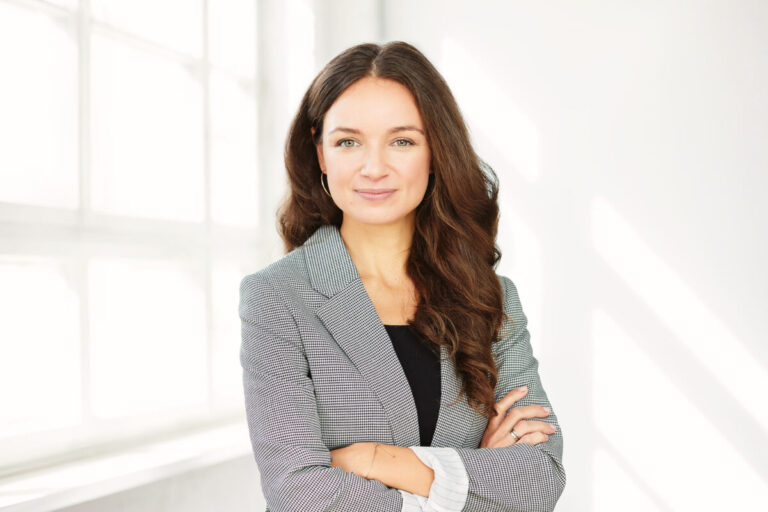This week, Women in Solar Europe (WiSEu) gives voice to Anna Sauter-Getschmann, co-founder of the Germany-based Academy for Climate Jobs. She says the renewable energy industry needs to reimagine vocational training and make new opportunities visible. “We can start by redefining the typical image of an electrician or plumber,” she said.
A significant portion of jobs in the solar industry are technical positions – installers, electricians, engineers – fields that are still largely associated with men. In Germany, for example, women make up only 1% of candidates for vocational training as electricians. There are many reasons for this, from persistent stereotypes to real challenges women face when taking on these roles, such as discrimination and isolation at work. But this exclusivity doesn’t just affect women. For people with a migrant background in Germany, the challenges are just as real: training programs are not tailored to their needs, there is limited language support and they face similar barriers to their integration into the labor market.
At the same time, we are facing a major shortage of skilled workers in the sustainable energy sector. Estimates suggest that Germany alone will need an additional 750,000 professionals in this field by 2030. If we don’t rethink how to open these jobs to a broader range of talent, filling that gap will be impossible. The skilled labor shortage highlights the broader consequences of perpetuating systems that overlook half the population and vast amounts of talent. It reminds us how much potential we ignore and how many skilled, motivated people are held back from meaningful work because they don’t fit the ‘typical’ profile. We need to open the doors wider and show that this industry does not belong to one group, but to everyone.
At our Academy, we challenge these barriers and outdated patterns by directly reaching underrepresented groups and designing programs that meet their needs. Our first recruitment campaign highlighted women and we have actively worked with women’s communities and networks to raise awareness. Although the number of female applicants is not yet as high as we aim for – and we know this will be a long journey – we are already seeing multiples of the typical applications for vocational training. Designing programs for diverse talent is essential. For example, we have integrated language learning with technical training to give people from migrant backgrounds a real opportunity in these roles, and we emphasize flexibility by offering online learning.
By reimagining job training, making these opportunities visible and creating holistic programs, we can begin to redefine the typical image of an electrician or plumber.
But beyond visibility and tailored training, we believe it is workplaces that must lead this change. Inclusive workplaces are non-negotiable. Women considering a career in the field need real-world examples of professional environments created with them in mind. That means flexible schedules, real support for those balancing family responsibilities, and teams that actively work to prevent discriminatory behavior. It also means that, at least for now, female-led training and female-led teams may be necessary to initiate change. A work culture that has been dominated by men for centuries must send a strong and unmistakable message that they are transforming and literally making space.
The solar industry is relatively young and therefore does not need to repeat the old structures. We must act now to ensure that outdated stereotypes do not gain a foothold in this new area. By ensuring that roles in the sector are open to everyone, we can send a message that the solar industry wants to do things differently and do them well. So let’s not waste this opportunity.
Anna Sauter-Getschmann is co-founder of the Academy for Climate Jobs, a young start-up from Germany committed to reforming vocational training to make it accessible to diverse talent in the sustainable energy sector. Originally from Poland, Anna lived in Germany for 13 years, working mainly as a consultant with a focus on people-related topics such as recruitment, HR and leadership, before embarking on her own founding journey. In addition to her work at the Academy, she is also involved with MoreDiversity.de, a non-profit organization focused on challenging stereotypes and promoting a more inclusive society.
Interested in participating Anna Sauter-Getschmann and other female leaders and industry experts at Women in Solar Europe? More information: www.wiseu.network
The views and opinions expressed in this article are those of the author and do not necessarily reflect those of the author pv magazine.
This content is copyrighted and may not be reused. If you would like to collaborate with us and reuse some of our content, please contact: editors@pv-magazine.com.


